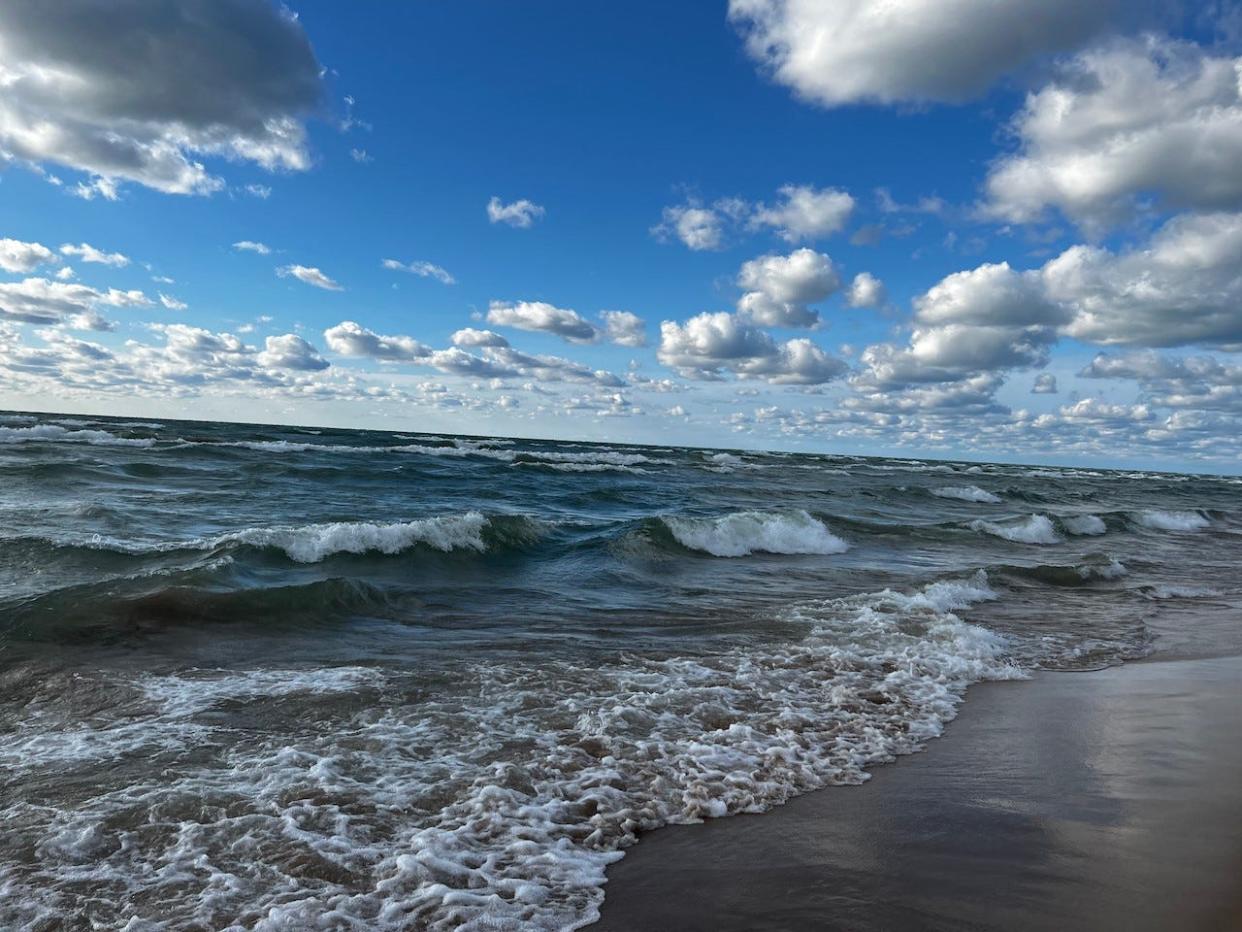MiSustainable Holland: More communities are taking Lake Michigan water

HOLLAND — We live in one of the most water-rich places on Earth. The Great Lakes hold about one-fifth of all of the surface freshwater in the world. With all this water around us, we take for granted our fresh, clean water.
However, across the country, water scarcity is increasing, and community drinking water supplies are drying up. We see our neighbors in other states struggling with their drinking water supplies, and their answer to this problem? Taking water from Lake Michigan.
Waukesha, Wisconsin, located just outside of Milwaukee, is finishing a three-year construction project to switch its municipal water supply from failing aquifers to Lake Michigan. Joliet, a suburb of Chicago, was just approved to purchase Lake Michigan water. Foxconn Technology Group, a privately-held company in Racine, Wisconsin, was approved to divert seven million gallons of Lake Michigan water a day for company use.
Is there anything governing these requests for Lake Michigan water?
The short answer is yes. The Great Lakes Compact is a federal and international agreement between the Great Lakes states and the Canadian provinces of Ontario and Quebec that governs all water diversions into and out of the Great Lakes basin, except those in Chicago, which are controlled by a separate 1899 Supreme Court case.

The Compact allows for two types of diversions: for communities that lie between the Great Lakes basin and any other basin, and for those in any county that straddles the basin. The first must be approved by the state the community is in, and the second by all basin states.
Waukesha, Joliet, and Racine might seem like communities that are part of the Great Lakes basin, but they actually reside just outside, in the Mississippi River basin.
Subscribe: Get unlimited access to our local coverage
The question of whether or not all of this water being taken from the Great Lakes will impact water levels and the overall health of the basin is a complicated question to answer.
For those diversions governed by the Compact, a requirement for approval is water must be returned to the Great Lakes basin. This ensures that overall water volumes won't change much. It also functionally prohibits non-Great Lakes states and communities outside the region from requesting diversions.
Right now the Compact protects the environmental health of the Great Lakes, but if demand for water outside the basin continues to grow, the basin’s health could be in danger. Why? Because the Compact will face continued pressure to allow outside water diversions as water scarcity threatens our nation's drinking water.
In order to protect the health of Lake Michigan and the lakes and rivers we love so much, the integrity of the Compact must be protected.
— Devin White is a senior at Hope College.
About This Series:MiSustainable Holland is a collection of community voices sharing updates about local sustainability initiatives. This Week’s Sustainability Framework Theme: Environmental Awareness/Action: Environmental education and integrating environmental practices into our planning will change negative outcomes of the past and improve our future.
This article originally appeared on Ionia Sentinel-Standard: MiSustainable Holland: More communities are taking Lake Michigan water

